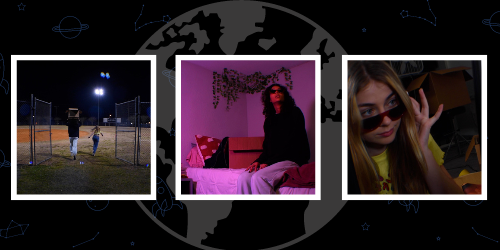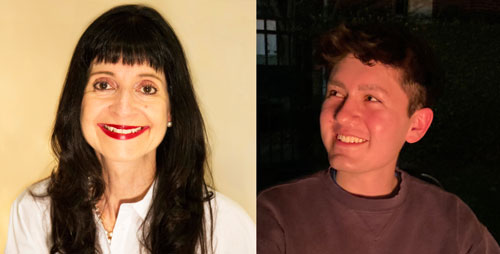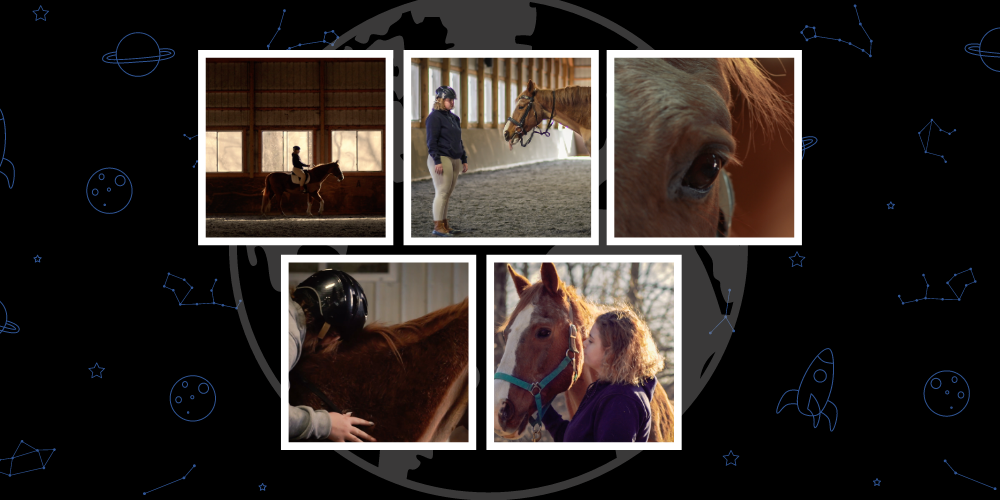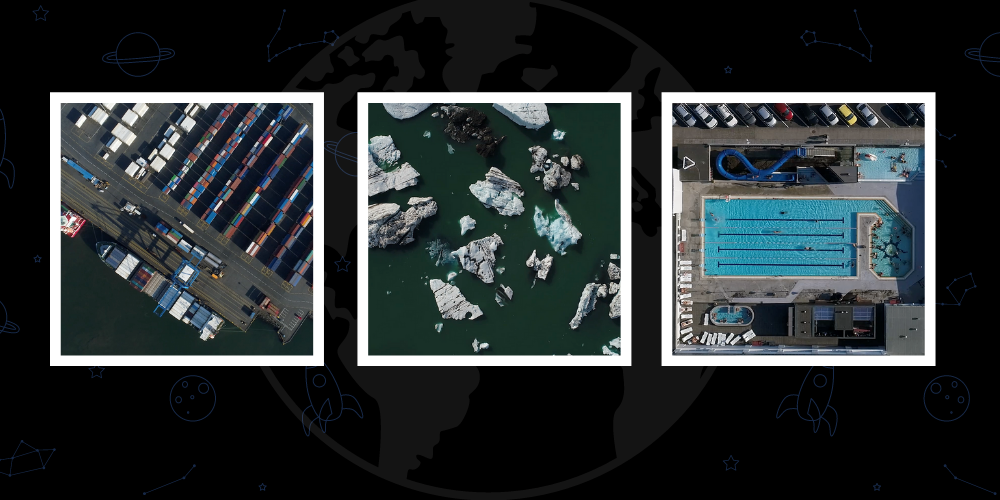This month, audiences can screen Your Move on the Planet Classroom Network.
Produced, written, and directed by Ethan Thomas, Your Move is the short story of 2 friends, Liv (Katie Smith) and Anne (Autumn Hall). Liv is moving away and in the process of packing up her things, but Anne, her friend who will be staying behind, has a different idea of what to do with all the stuff memories are made of and how they should be spending their last day together.
The Global Search for Education is pleased to welcome Director Ethan Thomas.
Ethan, welcome. Your film does a wonderful job of evoking nostalgia and all the feelings associated with it. What originally sparked the premise for this adventurous and heart-warming narrative?
Thank you! The premise was inspired by how I believe two different types of people would handle something like having to say goodbye. Also, in my own experience with moving, there’s always a good amount of things that I don’t know what to do with. I then combined these elements into what this story turned into, and the “stuff” became a vehicle for these characters to express their true feelings about having to say goodbye.
The motif of leaving pieces of your past around notable spots is prevalent in this film. What is the significance of this recurring theme, and its eventual reversal?
I wanted to represent how it feels to be leaving a place where you have so many memories and experiences. Sometimes, by leaving these places without any trace that you were ever there, it can seem as if they never happened, at least to me. So, the motif was a heavy handed metaphor for wanting to “leave your mark” somewhere for a bit longer. The reversal was a way to show that, in the end, it’s more important to have things to remember your friends by than to get rid of them entirely.
Intentional color grading is something that’s noticeable throughout this film. How do you think your post production techniques helped to express the narrative’s emotional moments?
The exaggeration of certain tones and colors is a way to cast a specific tone over certain scenes and suggest certain emotions, which I definitely used liberally here. When I first was telling people about the story, I remember getting mixed responses. Some people thought it was cute and heartwarming, while some people thought it was strange. I certainly wanted to strike both of those emotions, and color grading was one of the ways I tried to achieve this balance.
The idea of stuff being “just stuff” is core to the film. However, by the end it is retrieved and used for nostalgic purposes. What do you think is “stuff” worth keeping?
I think that the “stuff” worth keeping is anything that reminds you of a nice memory or of somebody that you hold dear. I’ve made it a habit to keep anything that I could possibly find sentimental in the future, even if it may be tempting to throw it away. Hopefully that doesn’t make me a hoarder!
Thank you Ethan!
C.M. Rubin and Ethan Thomas
Don’t Miss Your Move, now screening on the Planet Classroom Network.







Recent Comments